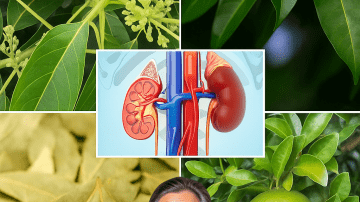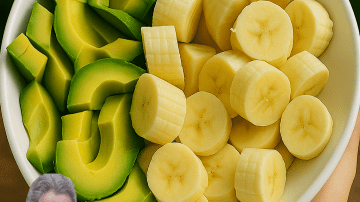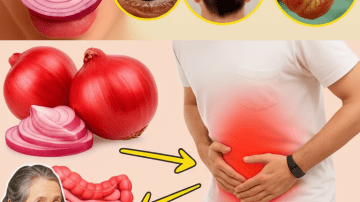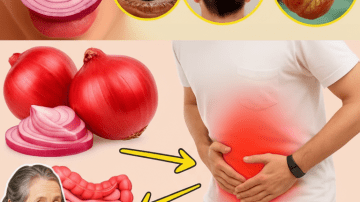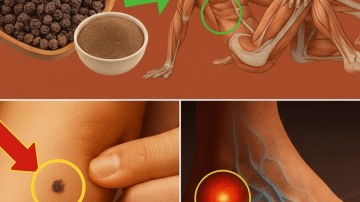To appreciate the potential of a natural intervention, we must first truly understand the adversary. BPH is the non-cancerous enlargement of the prostate gland. Located just beneath the bladder in men, the prostate wraps around the urethra, the tube that carries urine from the bladder out of the body. As men age, hormonal shifts, particularly the accumulation of the hormone dihydrotestosterone (DHT), often cause the prostate cells to multiply, leading to the gland’s expansion.
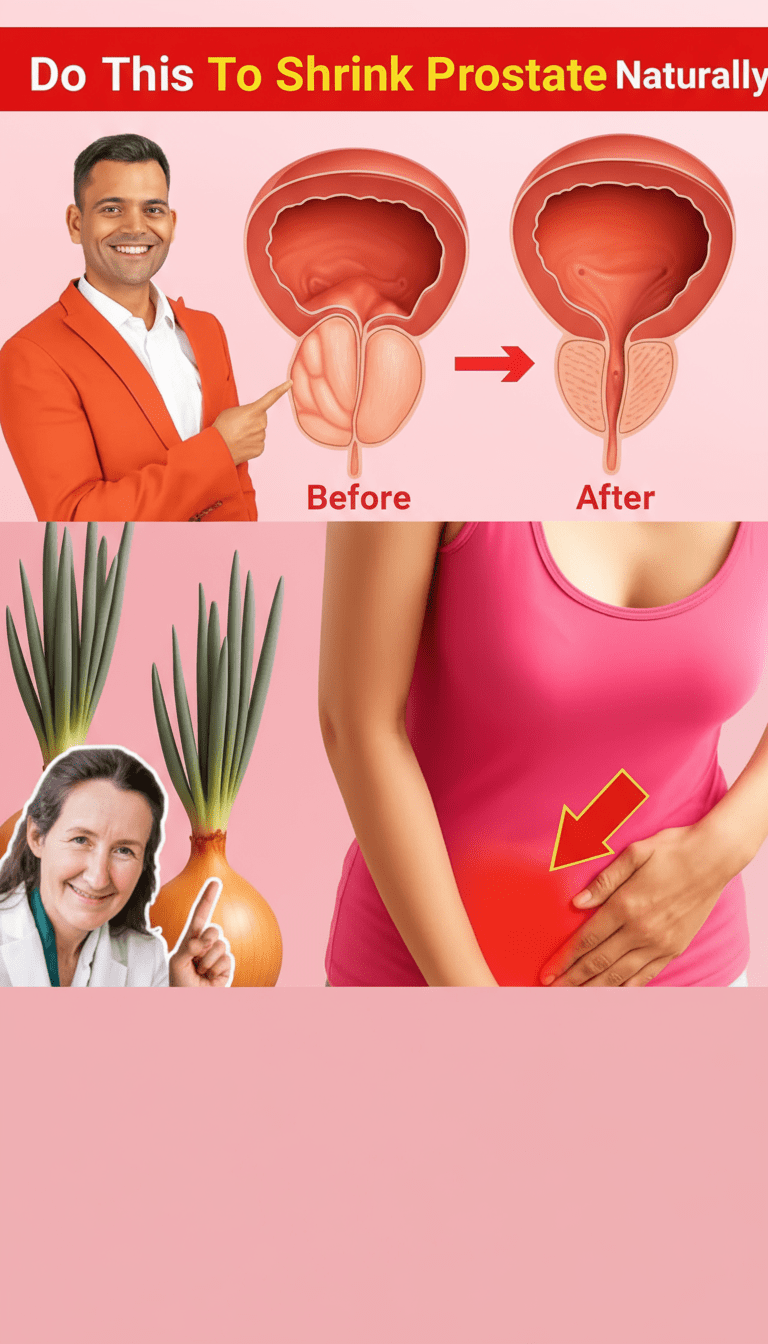
This expansion physically compresses the urethra, leading to a cascade of disruptive lower urinary tract symptoms (LUTS). These symptoms are not just inconvenient; they fundamentally alter daily routines and sleep patterns. Frequency, the need to urinate often; urgency, a sudden, compelling need to go; nocturia, waking up multiple times at night to urinate; a weak stream; and the frustrating feeling of incomplete bladder emptying are the hallmarks of BPH. This constant disruption can lead to chronic sleep deprivation, anxiety, and a reluctance to engage in social activities, travel, or exercise. The psychological toll of constantly planning one’s life around the nearest restroom cannot be overstated. By targeting the underlying mechanisms—inflammation, oxidative stress, and hormonal imbalance—natural solutions seek to restore balance and relieve the physical pressure.
🧅 The Powerhouse Within: Unpacking the Onion’s Nutritional Arsenal 🧅
The common onion, a staple in nearly every cuisine worldwide, is far more than just a seasoning. It is a dense source of bioactive compounds that directly address several of the root causes of prostate enlargement. The key lies in its extraordinary concentration of sulfur compounds and, most importantly, flavonoids, with quercetin being the star player in the context of prostate health.
- Quercetin: The Anti-Inflammatory Maestro: Quercetin is a potent antioxidant and one of the most thoroughly studied flavonoids. Its role in BPH management is paramount because it directly tackles inflammation, which is a significant driver of prostate cell growth. Research suggests that chronic, low-grade inflammation within the prostate tissue—a condition known as chronic prostatitis or simply inflammation—can stimulate the proliferation of cells. Quercetin acts as a powerful brake on this inflammatory cycle by inhibiting key inflammatory enzymes and pathways. By reducing the overall inflammatory burden, quercetin helps to calm the irritated prostate tissue, potentially slowing the growth process and reducing the associated symptoms of pain and swelling. Furthermore, its antioxidant properties neutralize free radicals, protecting the prostate cells from oxidative damage, another contributing factor to cellular proliferation and aging. This dual action—anti-inflammatory and antioxidant—makes quercetin a foundational component in the natural management of BPH symptoms.
- Sulfur Compounds and Detoxification: Onions are rich in various organic sulfur compounds, which are responsible for their characteristic pungent odor and the tears they induce. These compounds, such as allicin (though more prevalent in garlic, related compounds exist in onions), play a crucial role in the body’s detoxification processes. They support liver function, which is essential for effectively metabolizing and excreting excess hormones, including the problematic DHT and other androgens. A well-functioning liver helps to maintain a healthier hormonal balance, indirectly reducing the stimulus for prostate cell growth. By supporting the body’s natural clearing mechanisms, onions aid in maintaining a less stimulatory environment for the prostate gland.
- Antioxidant Synergy: Beyond quercetin, onions contain numerous other phenolic compounds and vitamins (like Vitamin C) that work in synergy to bolster the body’s defense system. This comprehensive antioxidant profile provides a robust shield against cellular damage, which is a precursor to many age-related diseases, including prostate issues. The collective action of these compounds ensures that the prostate environment is less hospitable to uncontrolled cell multiplication.
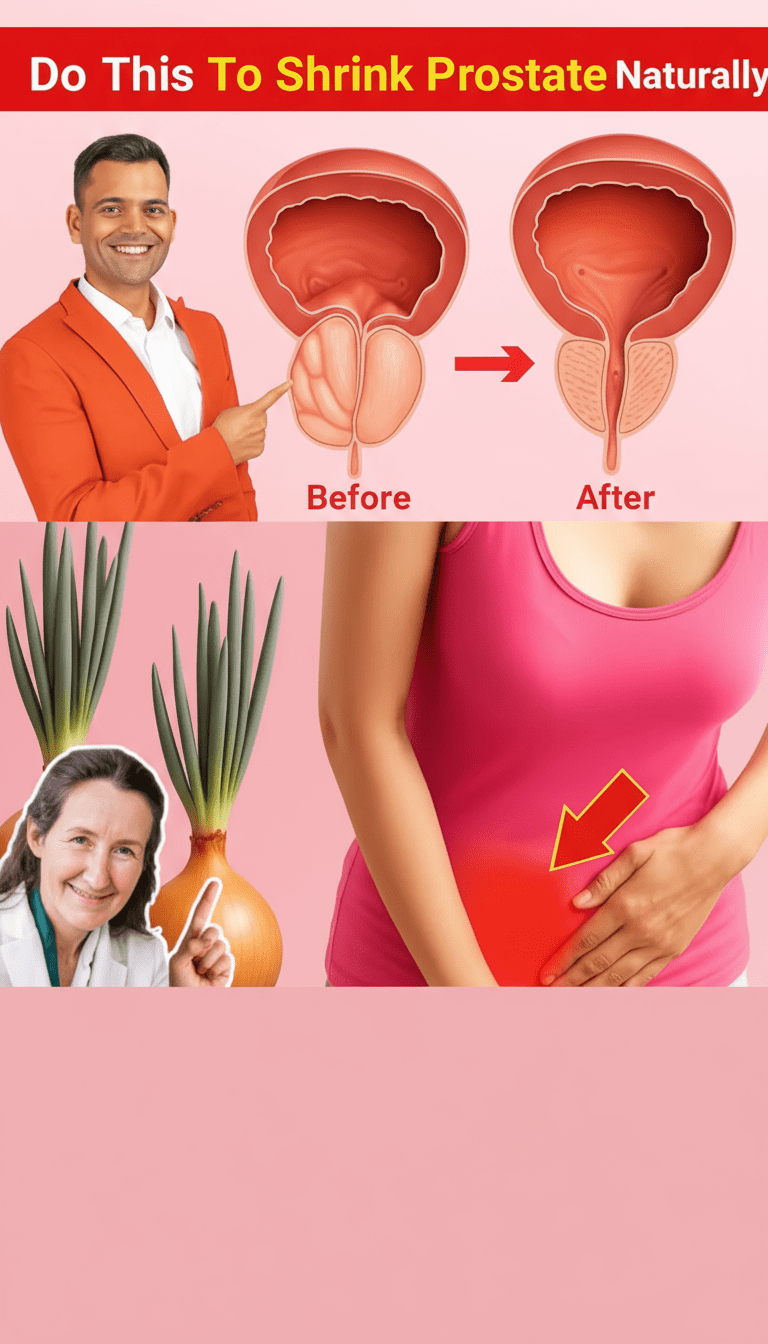
🛡️ Scientific Validation: How Onion Compounds Target Prostate Growth 🛡️
The promise of the onion is not merely anecdotal; it is increasingly supported by scientific investigation. The compounds in onions affect the prostate through several specific, measurable mechanisms:
- Direct Inhibition of Cell Proliferation: Laboratory studies, and some human clinical trials using concentrated onion-derived compounds, have explored their direct effect on prostate cells. Quercetin has been shown to exhibit a remarkable ability to induce apoptosis (programmed cell death) in various cancer cell lines, and while BPH is non-cancerous, this mechanism of controlling cell numbers is highly relevant. More importantly for BPH, these compounds help to regulate the balance between cell growth and cell death. By helping to maintain a healthy cellular turnover, they counter the uncontrolled multiplication that characterizes BPH.
- Hormonal Modulation and DHT Interference: The core driver of BPH is the conversion of testosterone into the more potent androgen, dihydrotestosterone (DHT), a process mediated by the enzyme 5-alpha reductase. Many conventional BPH medications, known as 5-alpha reductase inhibitors, work by blocking this enzyme. Emerging research suggests that certain phytochemicals found in onions, particularly in combination with other diet-derived compounds, can act as natural 5-alpha reductase inhibitors. While the effect is typically milder than pharmaceutical drugs, consistent dietary intake can contribute to a long-term, gentle modulation of this hormonal pathway. By slightly reducing the amount of DHT available to stimulate prostate cells, this approach supports the gland’s natural size maintenance.
- Urinary Symptom Relief: The anti-inflammatory effects of quercetin extend directly to symptom relief. Inflammation around the bladder neck and within the prostate itself contributes significantly to the urgency and frequency of urination. By calming this tissue irritation, onion compounds can help to relax the urinary tract, leading to a noticeable improvement in urinary flow and a reduction in the disruptive nighttime trips to the bathroom (nocturia). This practical relief is often the most valued outcome for men suffering from BPH.
🍽️ Integrating the Onion Protocol: Practical Steps for Maximum Benefit 🍽️
The greatest advantage of using the onion as a tool for prostate health is its accessibility and ease of integration into the daily diet. However, to maximize its therapeutic potential, strategic consumption is key.
- Choosing the Right Onion: While all onions contain beneficial compounds, the concentration can vary. Red onions (often called purple onions) and shallots typically have a higher concentration of quercetin than white or yellow varieties, especially in their outer layers. Incorporating a variety ensures a broad spectrum of beneficial phytochemicals.
- Raw is Potentially Best: Heat can degrade some of the beneficial compounds, including allicin-like substances and, to a lesser extent, quercetin (though quercetin is quite stable). Adding thinly sliced raw red onion to salads, sandwiches, and as a garnish for cooked dishes is an excellent way to ensure maximum nutrient intake. If cooking, quick, gentle methods like light sautéing are preferable to long boiling or deep frying.
- Optimal Daily Intake: While there is no formal medical dosage for onions, a consistent, significant intake is recommended. Aiming for at least one medium-sized onion per day, distributed across meals, is a practical target. This can be achieved through a generous serving of cooked onions in dinner recipes and the incorporation of raw onions in lunch or snacks.
- The Synergistic Diet: The onion should be viewed as part of a larger, prostate-friendly dietary strategy. Its benefits are amplified when consumed alongside other rich sources of antioxidants and anti-inflammatory nutrients, such as:
- Lycopene: Found in cooked tomatoes.
- Zinc: Abundant in pumpkin seeds and oysters.
- Healthy Fats: From avocados, nuts, and olive oil.
- Cruciferous Vegetables: Broccoli, cauliflower, and cabbage.
- This holistic approach creates a nutrient-rich environment that actively discourages prostate overgrowth and supports overall urological health.
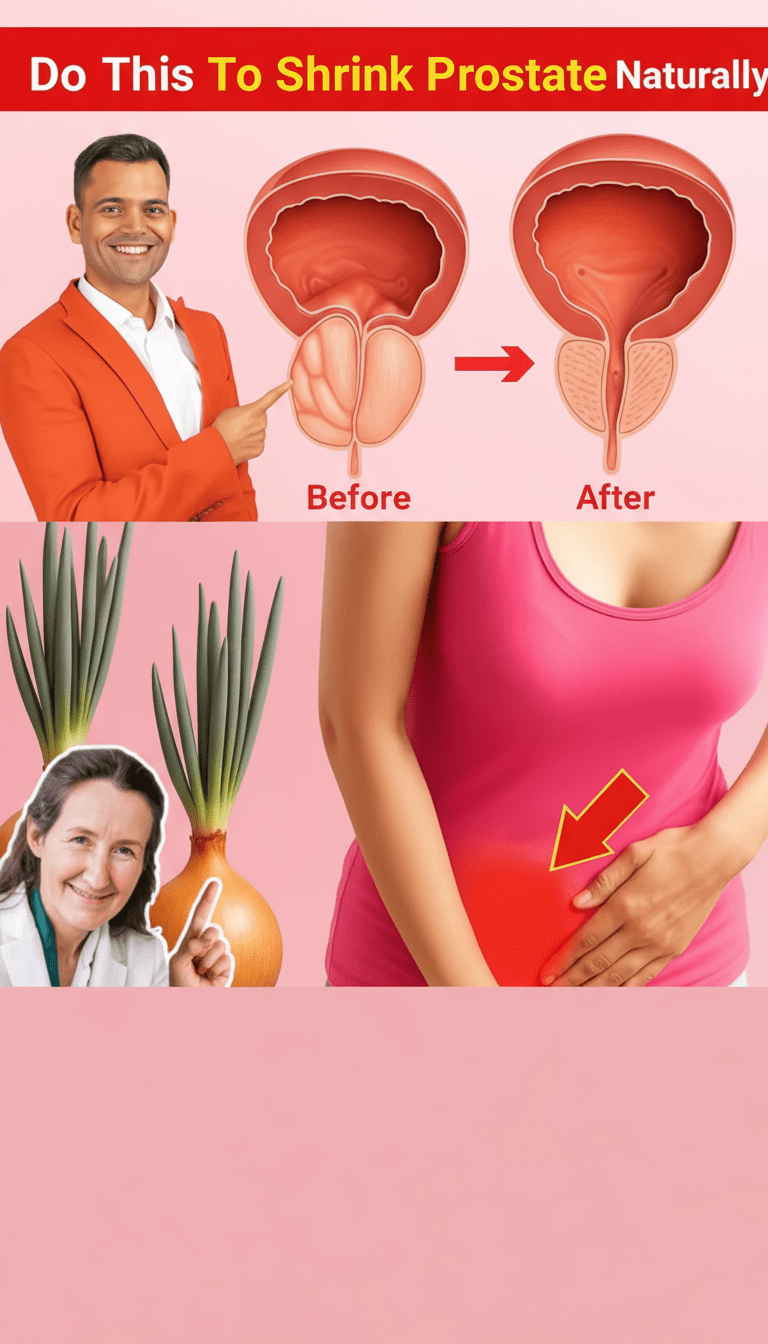
🌟 Beyond the Plate: Lifestyle and The Prostate 🌟
While the onion is a powerful ally, it cannot function in isolation. A successful, natural strategy for prostate vitality must be supported by foundational lifestyle changes. These elements work synergistically with the onion’s bioactive compounds to create a comprehensive defense.
- Hydration, Not Overload: Proper water intake is crucial for urinary health, but men with BPH should practice strategic hydration. Avoid consuming large volumes of fluid, especially caffeine and alcohol, in a short period, and significantly reduce fluid intake in the hours leading up to bedtime to minimize nocturia.
- Regular Physical Activity: Exercise is a potent tool against inflammation and obesity, both of which are risk factors for BPH progression. Even moderate, consistent activity, like brisk walking, has been shown to improve LUTS. Exercise helps maintain a healthy weight and regulates hormone levels, further supporting prostate size management.
- Stress Management: Chronic stress elevates cortisol levels, which can indirectly impact hormonal balance and increase inflammation throughout the body. Practices such as meditation, deep breathing exercises, and adequate sleep are not simply “nice-to-haves”; they are essential components of an anti-inflammatory, prostate-supportive lifestyle.
- The Importance of Medical Monitoring: It is paramount to understand that natural interventions like increased onion consumption are complementary strategies. They are not a substitute for professional medical diagnosis and care. Any man experiencing symptoms of BPH must consult a healthcare provider to rule out other, more serious conditions, such as prostate cancer, and to establish a formal management plan. The onion protocol is a powerful tool to be used in collaboration with, not in opposition to, medical guidance.
The humble onion, often overlooked and taken for granted, holds a fascinating and potent secret for men’s health. Its rich profile of quercetin and sulfur compounds offers a compelling, evidence-backed pathway to naturally address the inflammation and hormonal imbalance at the root of BPH. By deliberately and generously integrating this powerful vegetable into the daily diet, men can take a proactive, non-invasive step toward reclaiming their comfort, their sleep, and their overall vitality. The solution to the prostate puzzle may not be found in an exotic berry or a complex supplement, but right on the cutting board, waiting to be revealed.


